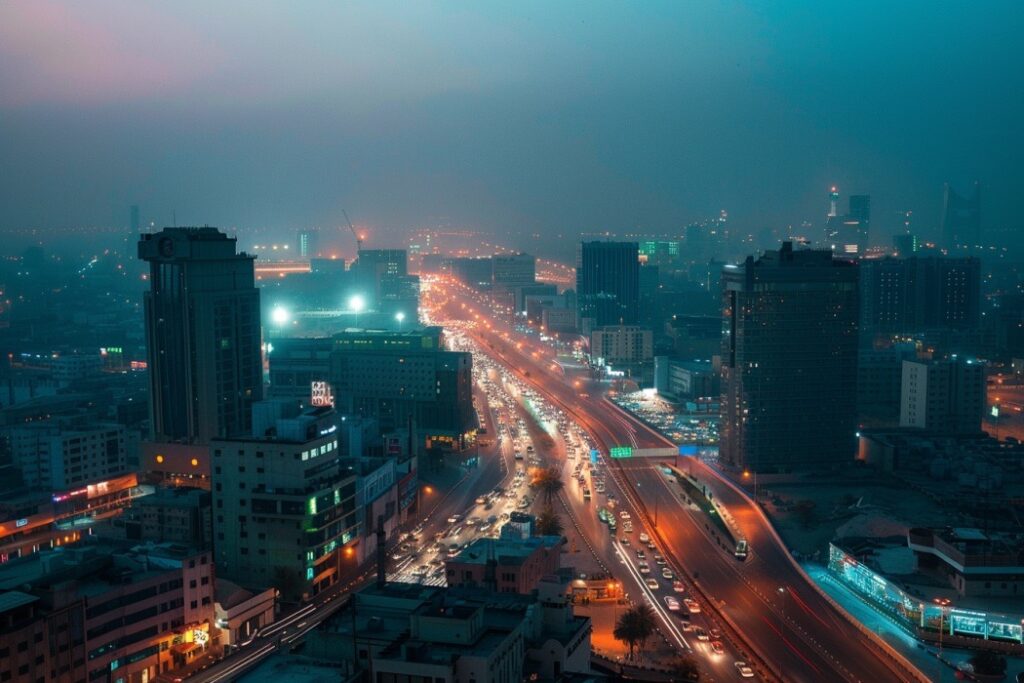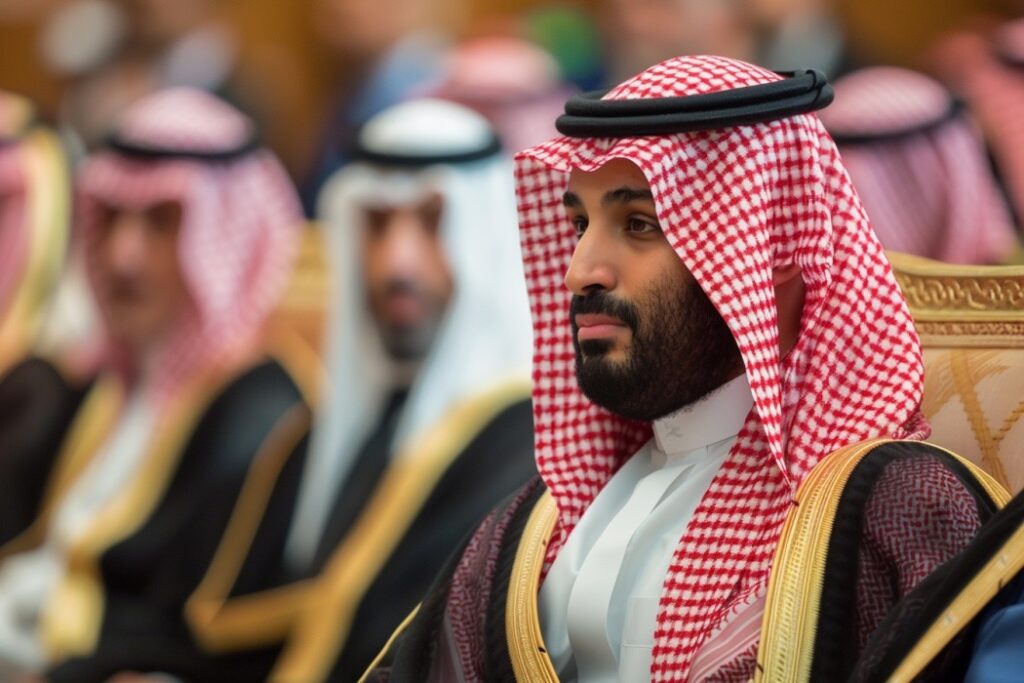UN Court Calls on Israel to Halt Military Offensive in Rafah
In a groundbreaking session in The Hague, judges at the International Court of Justice have demanded that Israel immediately cease its planned military operation in the city of Rafah.
The President of the ICJ, Nawaf Salam, presided over the hearing and emphasized the humanitarian risks associated with the military offensive in Rafah, where around 800,000 Palestinians have been displaced.
Salam specifically called on Israel to halt its military actions in Rafah, citing the immediate danger faced by the Palestinian people in the region.
The court’s previous provisional measures from March were deemed insufficient to address the current situation in Gaza, leading to the issuance of this emergency order due to the dire humanitarian conditions.
Legal Action by South Africa
The case was brought to the ICJ by South Africa as part of a larger legal action against Israel’s conduct in Gaza, accusing Israel of orchestrating genocide against the Palestinian population.
As part of the ruling, Israel was also instructed to open the Rafah border crossing for humanitarian aid to enter Gaza and provide a progress report within a month.
However, Israel’s National Security Minister, Itamar Ben-Gvir, denounced the court’s decision, calling for a continued military presence in Rafah to defeat Hamas.
International Reactions
The ICJ’s ruling was met with mixed reactions, with South Africa praising the decision as groundbreaking, while Israeli leaders criticized the court’s lack of consideration for Israel’s right to self-defense against terrorism.
Humanitarian organizations have warned of the catastrophic consequences of an Israeli invasion of Rafah, highlighting the potential for a humanitarian tragedy in the region.
Despite the ruling, Israel maintains that its military operations target Hamas and not civilians, with Prime Minister Benjamin Netanyahu convening a special meeting to determine the country’s response.
Enforcement and Impact
While the ICJ’s rulings are legally binding, enforcement mechanisms are lacking, raising questions about the immediate impact of the decision on Israel and its allies.
Legal experts and human rights organizations have called on governments to pressure Israel to comply with the court’s orders, potentially through arms embargoes and targeted sanctions.
Meanwhile, the International Criminal Court has also taken action, seeking arrest warrants for top Israeli and Hamas leaders for alleged genocide and war crimes, further complicating the legal landscape in the region.



